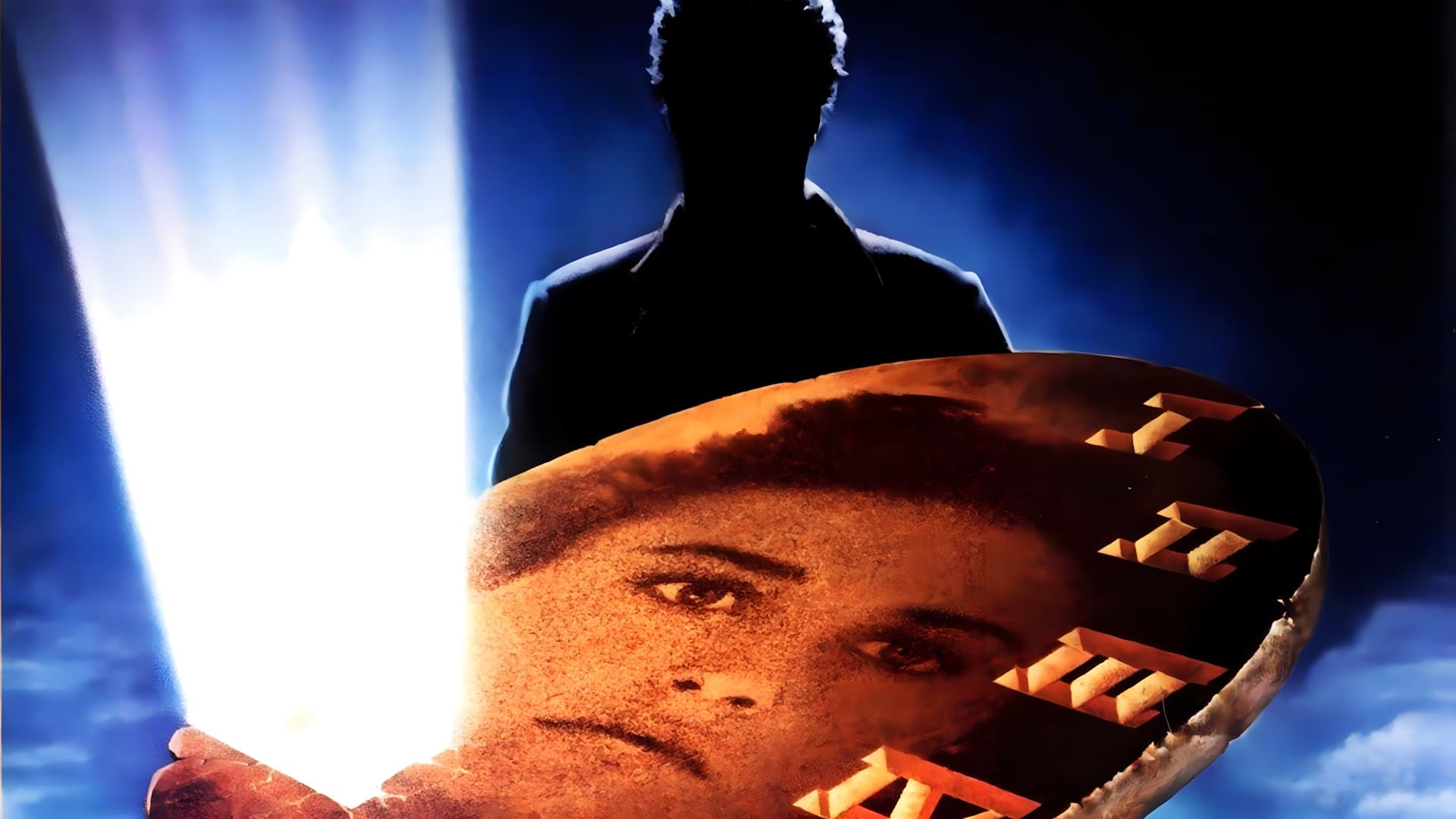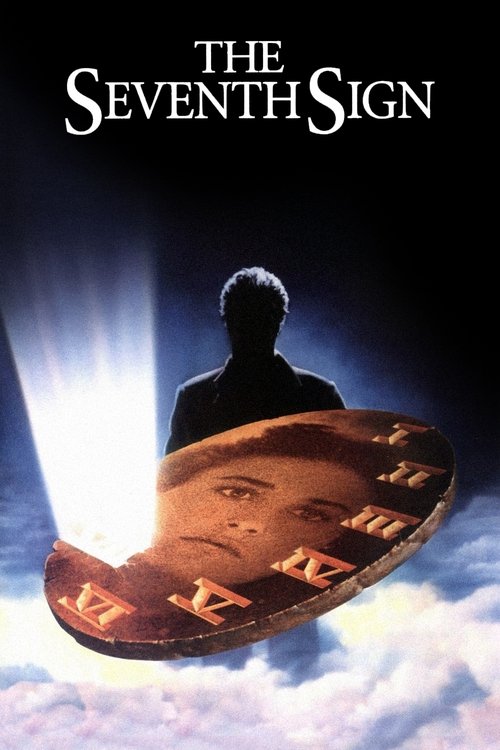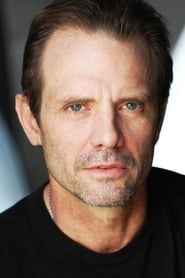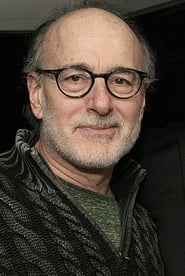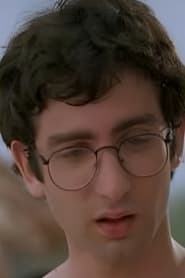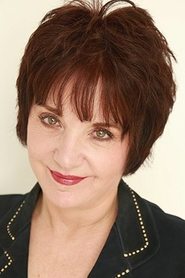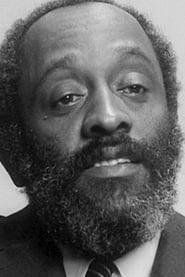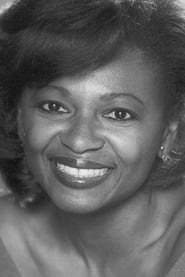Cast
View AllDemi Moore
as Abby Quinn
Michael Biehn
as Russell Quinn
Jürgen Prochnow
as David Bannon
Peter Friedman
as Father Lucci
Manny Jacobs
as Avi
Lee Garlington
as Dr. Margaret Inness
Akosua Busia
as Penny Washburn
Arnold Johnson
as Janitor
John Walcutt
as Novitiate
Michael Laskin
as Israeli Colonel
Hugo Stanger
as Old Priest
Patricia Allison
as Administrator
Ian Buchanan
as Mr. Huberty
Harry Basil
as Kids Korner Salesman
Darwyn Carson
as Reporter
Crew
Director
- Carl Schultz
Writer
- Ellen Green
Producer
- Ted Field
- Robert W. Cort
Reviews
CinemaSerf
"Abby" (Demi Moore) is married to lawyer "Russell" (Michael Biehn) and they are soon to have a child. As childbirth looms, though, she starts having some horrible nightmares. Full of loneliness and despair, she decides the best solution is to rent a garage room at their home to the enigmatic "Bannon" (Jürgen Prochnow) and that seems to open the doors for an apocalyptic scenario that is irrevocably tied up with her childbearing skills (and possibly a case her husband is prosecuting about a boy who committed parricide). As the story unfolds and her dreams become more lucid, she begins to realise that she is caught up in a re-enactment of the book of "Revelation" and the number seven is beginning to resonate ominously. It's actually not a bad fantasy concept, but it's pretty poorly cast with Moore well off form; the wooden as a spoon Prochnow spends much of it standing around looking like an extra from an horror movie and Biehn, well he only ever really was good for eye-candy - so... The narrative takes far too long to get interesting and the conclusion is all rather rushed and underwhelming. Carl Schultz might have fared better had he settled for a less box-office leading lady and built a more evenly balanced cast that could allow this ultimate story of the fate of mankind to develop with less ham. Watchable, I suppose, but forgettable.
Dec 22, 2023
Thematic Analysis
This Horror/Drama/Thriller film explores themes of fear and survival, delving into the psychological aspects of human nature when confronted with the unknown. The Seventh Sign presents a unique perspective on the horror genre by focusing on the psychological terror rather than relying on typical jump scares.
Director Carl Schultz brings their distinctive visual style to this film, continuing their exploration of themes seen in their previous works while adding new elements. Their approach to character development and emotional depth creates a viewing experience that rewards close attention.
Released in 1988, the film exists within a cultural context that now offers viewers historical perspective on the social issues of that era. Its reception demonstrates the diverse reactions to its artistic choices and its place in cinema history.
Did You Know?
- The production of The Seventh Sign took approximately 33 months from pre-production to final cut.
- The final cut of the film runs for 97 minutes, though the director's initial assembly was reportedly 134 minutes long.
- The musical score contains over 40 unique compositions.
- The screenplay went through 15 major revisions before the final shooting script was approved.
- The film contains approximately 1740 individual shots.
Historical Context
- In 1988, when this film was released:
- Personal computers were beginning to transform homes and workplaces.
- MTV launched, changing how music was marketed and consumed.
- Independent cinema was growing in influence, challenging the dominance of major studios.
How This Film Stands Out
While The Seventh Sign shares thematic elements with other films in its genre, it distinguishes itself through its unique approach to storytelling, visual style, and character development.
Unlike Thelma, which focuses more on action than character development, The Seventh Sign offers a fresh perspective through its innovative visual language and narrative structure.
While films like Voiceless and Webcast explore similar territory, The Seventh Sign stands apart through its distinctive directorial vision and pacing.
This film's unique contribution to cinema lies in its thoughtful balance of entertainment value and thematic depth, making it a valuable addition to its genre.
Details
- Release Date: April 1, 1988
- Runtime: 1h 37m
- Revenue: $18,875,011

